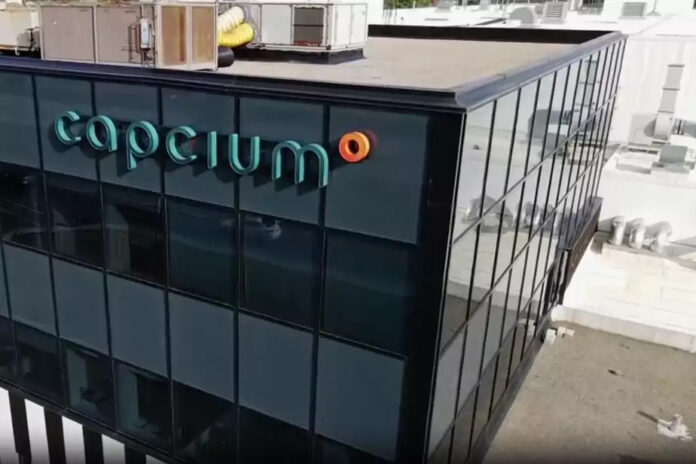The pharmaceutical manufacturer Capcium, insolvent and closed since last summer, was bought by a new company controlled by a large American holding company, with two minority shareholders from the Montreal region.
The new owner, a federally registered corporation, has as its principal shareholder (with 70% of the shares) HCI-Capcium LLC, a Delaware company controlled by Hilco Global of Chicago. Entrepreneurs Sébastien Carpentier – who has the title of president – and Hugo Desforges share the rest of the shares in the new company.
Note that the Caisse de dépôt et placement du Québec owns a 27% stake in Hilco Global. Low-cost recovery of “distressed assets” and their revitalization is one of Hilco’s specialties.
The price of the transaction was not revealed.
Capcium, from Pointe-Claire, is a sterile encapsulation subcontractor which puts medications and other orally absorbable substances into capsules. Last summer, it laid off almost all 132 employees at its nearly new factory and declared itself insolvent, saddled with $27 million in debt and a $68 million accumulated deficit.
According to Mr. Carpentier, the company is currently evaluating its staffing needs with a view to rehiring. He referred all other questions to the buyer’s lawyers. Me Claire Zikovsky, of Stikeman Elliott, limited herself to providing the public information which has just been sent to the Registrar of Companies.
The new company’s executives and board members are all tied to various Hilco subsidiaries.
The sale of Capcium – which we hoped to close at the end of August – took longer than expected.
Offers deemed insufficient were rejected on August 20 after discussions with creditors, including Scotiabank and Investissement Québec.
The transaction, approved by a judge on September 22, subsequently faltered and negotiations were only concluded last Saturday, said trustee Dominic Deslandes of Raymond Chabot.
The two secured creditors are Scotiabank (6.9 million), in first place, then Investissement Québec (16.8 million). The Scotia loan is 80% guaranteed by a federal agency, not that of Investissement Québec.
At the Ministry of Economy, Innovation and Energy in Quebec, we could not say on Tuesday whether Investissement Québec is losing money in the transaction.
But all unsecured creditors lose all of their claims, Deslandes said.















